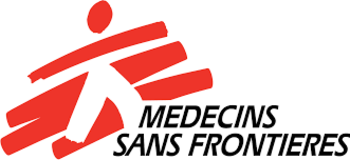The international medical charity Médecins Sans Frontières/Doctors without Borders (MSF) has warned that severe floods in the east and north-east of South Sudan could make worse an already catastrophic humanitarian situation.
In a press release extended to Radio Tamazuj on Monday, MSF called on actors to immediately mobilize resources for assessment and response with a special focus on Pibor.
MSF said its Pibor facility was completely flooded and was forced to reduce life-saving activities and discharge patients. A new emergency facility has been constructed on higher ground but there are fears it would flood as well.
“MSF is urgently working alongside national staff colleagues in Pibor to again move and set up another temporary tented facility in a higher location,” said MSF’s medical coordinator in South Sudan Roderick Embuido.
In Maban, the MSF compound also flooded and roads became impassable, temporarily preventing the team from reaching the health center.
“We are extremely concerned for the population in outlying areas around Pibor and Maban. Our attention is on urgently conducting aerial and ground assessments to understand the broader impact and to adapt our existing activities in Pibor town to a continuously changing situation.
MSF head of mission in South Sudan Kim Gielens said there is a high risk of outbreaks of deadly waterborne diseases like cholera, Hepatitis A, acute watery diarrhea, malaria, and respiratory tract infections.
She called on aid organizations to ensure the provision of food, water, shelter, and healthcare, stressing that special attention should be given to Pibor where the entire population is cut off from healthcare and assistance.
Recent reports estimate that seven million people, or about two-thirds of the population, are already in dire need of humanitarian assistance in South Sudan and the consequences of severe flooding will further exacerbate their situation, undermining resilience, coping mechanisms and access to life-saving services.




